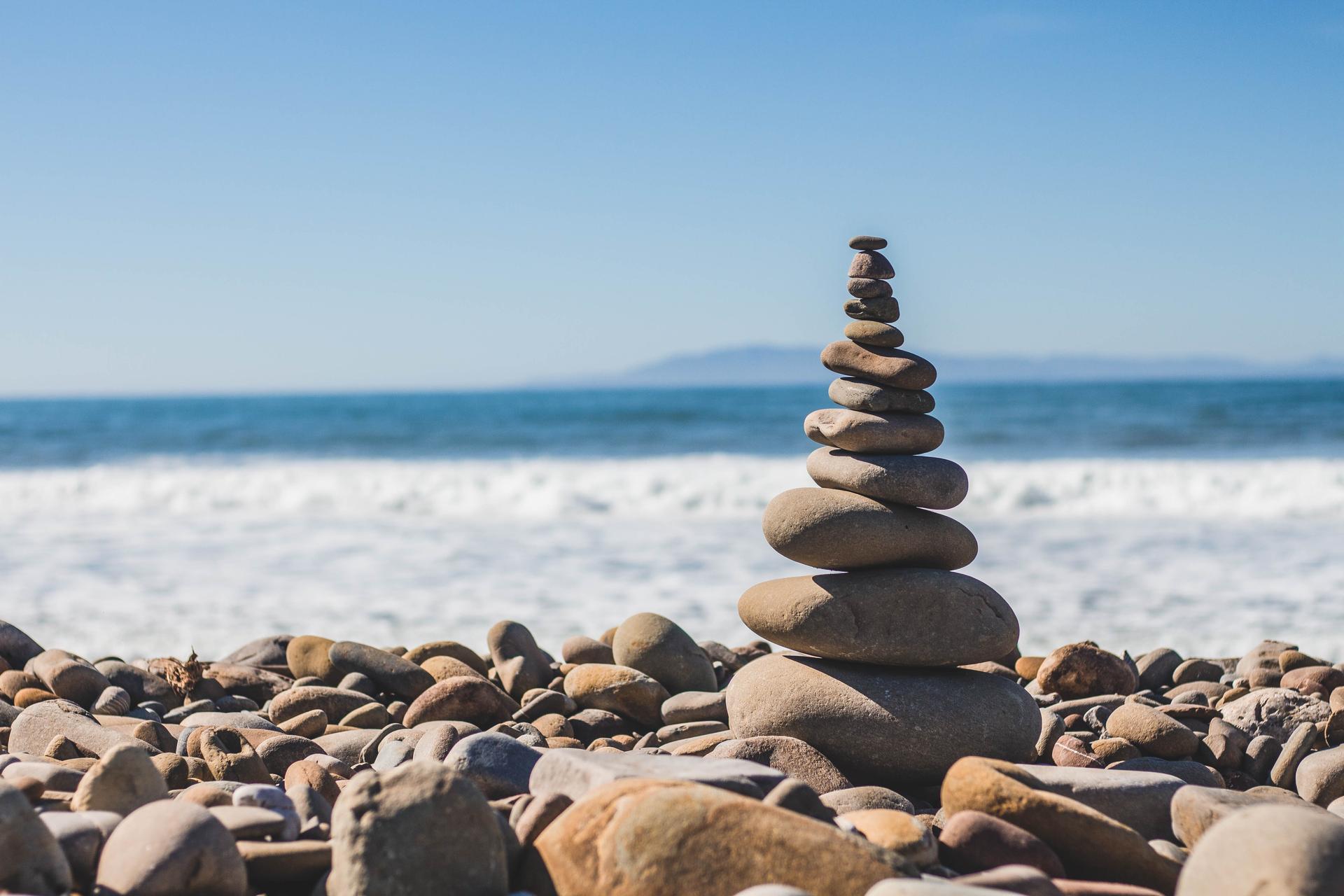Niue🇳🇺

Niue is a small island nation located in the South Pacific Ocean. This self-governing territory of New Zealand is one of the world's largest coral islands and has no neighboring countries. Niue is largely known for its stunning coral reefs and caverns, unique landscapes of limestone cliffs and tropical forests, and a rich Polynesian culture reflected in the local traditions and lifestyle. The Niuean people are highly welcoming, making their country special and endearing to visitors. Recommended activities range from exploring the Huvalu Forest Conservation Area and swimming in the Limu Pools to experiencing local food and cultural traditions.
⚠️Things you should avoid⚠️
- Avoid swimming during high tides and in unknown areas as the island's coastal waters can have strong currents.
- Avoid hiking or exploring isolated areas without a guide or local knowledge, due to risks of getting lost.
- Avoid offending local customs and traditions. Respect the Niuean culture and the local way of life.
- Avoid walking alone late at night in isolated areas, even though Niue is safe.
- Avoid traveling without valid travel insurance. Although Niue is relatively safe, it’s always a good idea to have insurance in case of unexpected situations.
- Do not disturb or harm wildlife, especially marine creatures when snorkeling or diving.
- Do not capture or remove any marine life as souvenirs, as it is illegal without a permit.
- Do not litter or contribute to environmental pollution. Keep the environment clean and respect nature.
- Refrain from disrespectful behavior or poorly received humour towards locals or their culture.
- Avoid failing to declare biosecurity risk items when entering Niue, as strict regulations are in place.
Overall
8
Crime 🔫
9
Niue has an extremely low crime rate with its safe and peaceful community. Violent crimes are rare and petty crimes like thefts or burglaries are uncommon. Typically, criminal activities are confined to minor offences. No particular areas in the country are considered unsafe.
Terrorism 💣
10
Niue has had no known incidents of terrorism. There is a minimal risk given the island’s isolated geographic location and small population. The likelihood of future events is also currently considered to be low.
War ⚔️
10
Niue has not been involved in any war in its documented history. There have been no significant conflicts or international disputes involving this island nation.
Natural Disasters 🌊
5
Niue is susceptible to tropical cyclones and earthquakes due to its geographical location. Notably, in January 2004, Cyclone Heta caused extensive damage to the island's infrastructure.
Medical Care 🏥
7
Medical facilities in Niue are limited but sufficient for basic health care needs. Niue Foou Hospital in Alofi provides general medical and emergency services.
Tap Water Quality 💧
7
Tap water quality in Niue is generally good, with the water sourced from a rainwater collection system. However, consumption is advised after boiling or treatment.
Disease Burden 🤒
8
The risk of diseases in Niue is low, with no known endemic diseases or major outbreaks in recent history. Routine immunizations are typically adequate.
Corruption 💸
8
Niue is known for its transparency and low levels of corruption. New Zealand's governance over the island contributes significantly to its minimal corruption status.
Safety for Women ♀️
9
Niue is generally safe for women. Reports of harassment or assault are rare, with local culture emphasizing respect and safety.
Safety for Queer People 👬
9
Niue has a welcoming and accepting environment for queer individuals. The island doesn't report incidents of discrimination or harassment targeted toward the queer community.
Censorship 📺
8
Niue enjoys freedom of expression and has no significant incidents of media or internet censorship.
Public Transportation 🚌
8
Public transportation in Niue is reliable and generally safe. Roads are decently maintained and no major accidents have been reported.
Other useful information
🔒 How safe is it?
Niue is extremely safe, with low crime rates and no history of terrorism or warfare. While it's prone to natural disasters such as cyclones, measures are in place to manage such events. Respect local customs, wear appropriate attire, and take standard precautions for personal safety.
🏰 Embassies in this Country
As a self-governing territory of New Zealand, Niue does not host foreign embassies. Matters requiring consular help are addressed by the New Zealand High Commission in Niue, located in Alofi.
💉 Recommended Vaccinations
Routine vaccines are generally advisable before traveling to Niue such as measles-mumps-rubella (MMR), diphtheria-tetanus-pertussis, varicella, polio, and yearly influenza shots.
🐍 Dangerous Animals
Sea urchins and stone fish are present in the waters around Niue, and their stings can be painful. Precautions should be taken while walking in shallow waters.
🛂 Visa Requirements
No visa is required for staying up to 30 days for most countries, but a valid passport with at least six months validity is mandatory. An entry permit can be obtained on arrival.
💲 Currency
The official currency of Niue is the New Zealand Dollar (NZD). Money can be exchanged at the Bank of the South Pacific in Alofi.
💳 Credit Card Acceptance
Credit cards are broadly accepted in Niue, with Visa and Mastercard being the most commonly accepted ones.
🧑🏭 Is it possible to work and travel in this country?
Opportunities for work and travel in Niue are limited due to its small population and economy. Seasonal work in hospitality and agriculture are sometimes available.
💵 Cost of Travel and Living
The cost of travel and living in Niue is moderate. Accommodation, food and activities are reasonably priced, compared to some other Pacific island nations.